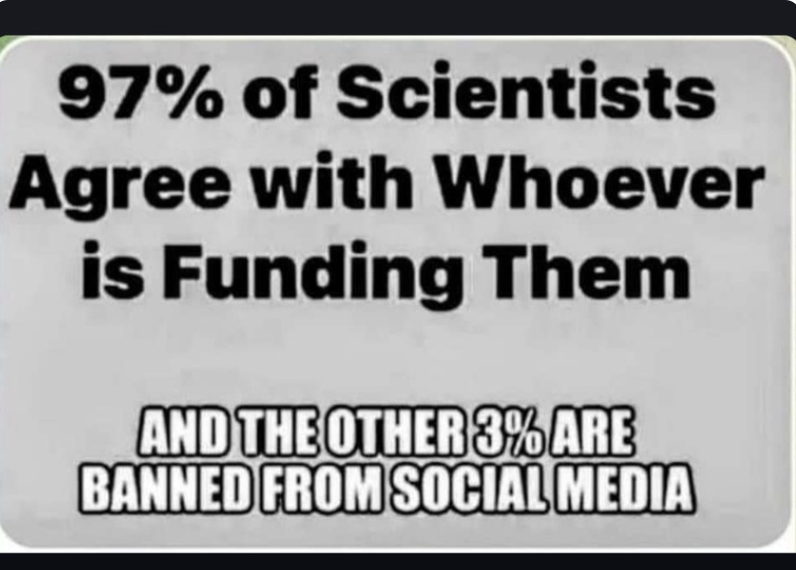Dr. Robert Malone more recently published an article summarizing how media and research have added to wrong information being spread and believed about Covid19.
- Most Journalists are Scientifically Unqualified (substack.com), Robert Malone, MD, MS.
Phil Harper, of The Digger Substack & new podcast, did an interview with Pierre Kory, MD, a doctor with the Frontline doctors working to help CoV patients. He uses Ivermectin successfully and discusses the difficulties and biased or false research that has been used to discredit use of a medication with a long and safe history – including a Nobel Prize. Towards the end of the interview he also points out that all effective treatments and dietary supports have been suppressed or discredited. He goes further to say it is a long history of the same fraud to support pharmaceuticals and suppression of effective low budget care. The suppression of side effects of psychiatric and other medications was also mentioned. To listen you do need to be a paid or free trial subscriber. (Phil Harper/Substack/The Digger)
John P.A. Ioannidis reviews research about bias and other effects that seem to do with competitiveness in a field of study – who will be first? Larger group numbers and larger effects tend to be more accurate than studies with small group size which found minimally significant effects. Financial interest in the outcome of the study also seems to impact reliability of the results of the funded research.
Why Most Published Research Findings Are False – Abstract, Summary
There is increasing concern that most current published research findings are false. The probability that a research claim is true may depend on study power and bias, the number of other studies on the same question, and, importantly, the ratio of true to no relationships among the relationships probed in each scientific field. In this framework, a research finding is less likely to be true when the studies conducted in a field are smaller; when effect sizes are smaller; when there is a greater number and lesser preselection of tested relationships; where there is greater flexibility in designs, definitions, outcomes, and analytical modes; when there is greater financial and other interest and prejudice; and when more teams are involved in a scientific field in chase of statistical significance.
Simulations show that for most study designs and settings, it is more likely for a research claim to be false than true. Moreover, for many current scientific fields, claimed research findings may often be simply accurate measures of the prevailing bias.
In this essay, I discuss the implications of these problems for the conduct and interpretation of research.
Citation: Ioannidis JPA (2005) Why Most Published Research Findings Are False. PLoS Med 2(8): e124. https://doi.org/10.1371/journal.pmed.0020124 https://journals.plos.org/plosmedicine/article?id=10.1371/journal.pmed.0020124
Published: August 30, 2005, Copyright: © 2005 John P. A. Ioannidis. This is an open-access article distributed under the terms of the Creative Commons Attribution License, which permits unrestricted use, distribution, and reproduction in any medium, provided the original work is properly cited.

Regarding manipulation in media in Germany/Europe, a file from Wikileaks is in German, papers about or by Gunter Wallraff, German author and undercover journalist (en-academic.com): https://www.dropbox.com/s/bq3fet4izfq0y2s/wallraff-aufmacher-unzensiert.pdf?dl=0
Disclaimer: This information is provided for educational purposes within the guidelines of fair use. While I am a Registered Dietitian this information is not intended to provide individual health guidance. Please see a health professional for individual health care purposes.
